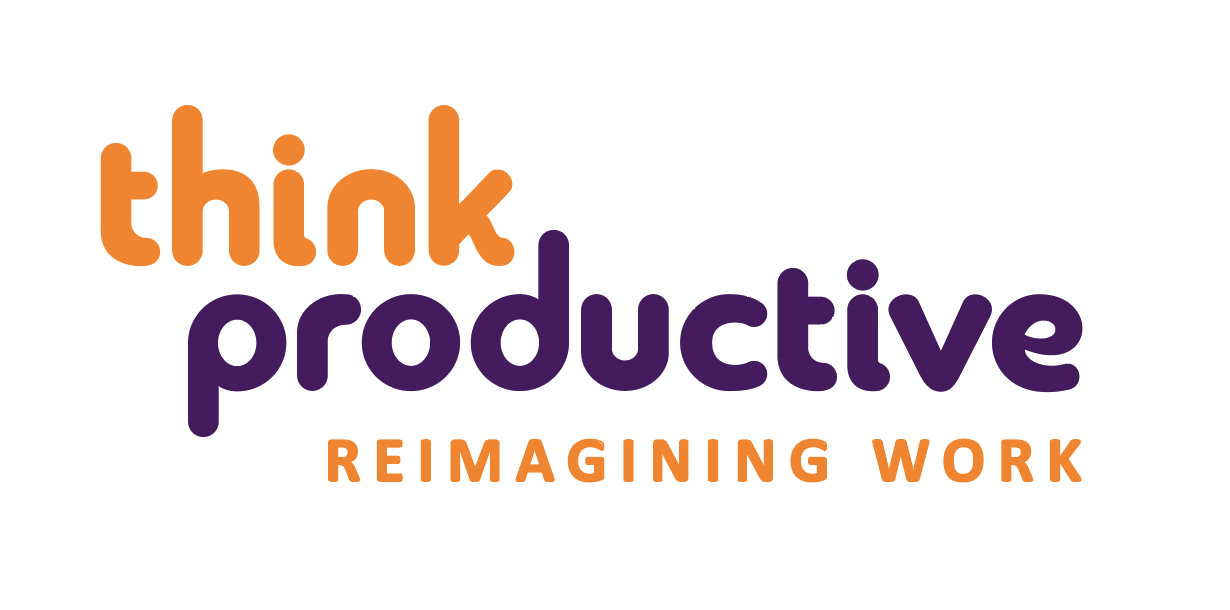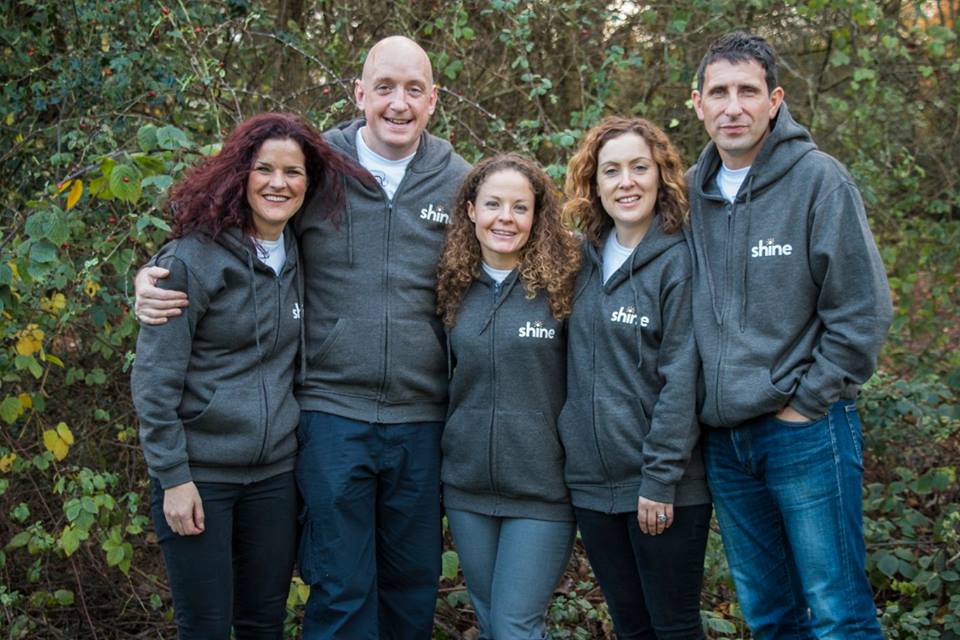It is no surprise to the Shine team that as mobile technology and the associated digital distractions in our lives increase so has the trend for mindfulness meditation in the West. Here founder Laura Willis shares her own experiences of how both are working hand-in-hand in a world of information overload.
We’re all distracted. The problem is everywhere. On trains, in restaurants, in homes, in business meetings and at conferences the temptation to check your inbox, tweet your thoughts or research something is too great for most people. It’s normal now for people watching TV in the sanctuary of their homes to be invited to “get involved” with the movie or programme rather than just sit back, relax and be entertained.
At work, laptops are the constant companion of most people in team meetings and the distraction of new emails coming in or tweets disturbing the conversation is paramount. What does this mean? Our attention spans are shorter, we feel overwhelmed by the constant stream of information, our productivity is suffering and ultimately we don’t know whether we’re coming or going.
This isn’t going to go away. Technology is continuing to develop at a faster and faster rate and it is up to us to take responsibility for our own wellbeing, our own tolerance for information, and make the appropriate changes to ensure we can get balance and control rather than it starting – or continuing – to control us.
Back in 2010 my anxious state when it came to my work, income, etc became too much. I was in desperate need of something to help me to manage my stress and associated panic attacks. One evening I googled “stress anxiety management” and came across Jon Kabat Zinn’s mindfulness lecture at the Googletech conference (watch it here). I was sold. His calm, charismatic way, and the fact that the room was full of Google staff, convinced me that this could be the answer.
Kabat Zinn’s talk, and my further research, de-mystified my belief that meditation was a purely religious activity and I began to try and meditate for a short time every day. I then discovered there was an 8 week course you could register on to learn with a teacher how to practice mindfulness and decided that it was worth the investment.
Then the course finished and I discovered how difficult it was to meditate on a regular basis. If you want to see the benefits of mindfulness you need to train regularly but being responsible for doing this myself, and always having something more important to do, meant that the meditation became less and less frequent to the point where I wasn’t practicing at all.
Meanwhile, my work life was becoming increasingly unmanageable and I had been making some small changes to how I used my smartphone to try and stop work infringing on my personal life so much.
And then I hit an “all time low”. My GP suggested I find a local meditation group as the proven health benefits of mindfulness were making their way into the mainstream. That evening found myself sitting in a candlelit church hall surrounded by 25 men and women of all ages, creeds and colours, all there to meditate.
Being part of a community, attending on a regular basis, and hearing other people’s reasons for being there all helped in making it easier for me to stick to the meditation and be motivated to practice throughout the week. The sanctuary created with no mobile phones anywhere to be seen felt really special and triggered something in me about what has been lost in this age of less chatting, face-to-face contact, pausing and daydreaming.
And then I had my light bulb moment on an early morning train surrounded by people on their phones. New to the world of commuting, I took the opportunity to either gaze out the window, do a short meditation, or listen to a podcast by a mindfulness teacher. But no one else seemed to be doing anything except staring into their screens. Taking time in the day to meditate and pause has the great benefit of allowing you to really see your thoughts and daydream, and I truly believe had I been as hooked on my smartphone as I could have been the idea for Shine would never have occurred to me.
The positive impact mindfulness had had on my life was obvious, and the focus and attention I had built up as a result seemed to run parallel to the distractions all around me. I researched it further and was shocked and thrilled to discover that not only had the mental and physical benefits continued to shown themselves, but that well known businesses such as GSK and EY were starting to include mindfulness courses as a wellbeing benefits for staff. Eureka!
Things have moved very quickly – the idea only came to me 6 months ago – and the somewhat frantic pace that the business is speeding along at now should by all accounts have sent me back into the regular panic attacks and sleepless nights of old. But at Shine we practice what we preach and not only are we managing how we use digital technology in the office (email on offline mode when working on deadline, lunch eaten with the laptop closed and phone on flight mode, no phones in meetings) but we are also committing to meditate for at least 10 minutes every day.
Yes I have moments of panic and feeling overwhelmed, but rather than those manifesting themselves in a panic attack and tears I am able to take a step back, breathe, acknowledge how I’m feeling and what I’m thinking much quicker and make some adjustments to the moment to manage my stress.
Ruby Wax talks about how she focuses on her feet on the floor or her breath when she feels the stress-associated adrenaline to start to sweep across her body. And having read her last book – must buy the latest one! – I now do the same. It only takes a few minutes but it is remarkable how quickly I’m able to bring myself out of my head, into my body and back down to earth.
So, mindfulness is central to the Shine ethos. We understand the impact digital distractions are having on people’s lives but also know that this is the world we live in and that it is up to us as individuals to each manage the role it plays, how we deal with it and how much we can handle.
We are running the first in a series of Mindfulness for Our Digital World courses from our office in Twickenham in a few weeks’ time. And then our first Time to Shine Offline public day is taking place on 5 March. Find further info on both here. If you know that you don’t have a great handle on how you use your smartphone, how you manage your inbox and how much social media interrupts your day then we invite you to join us and start an offline adventure to discover how you can be a shiner happier person. Its time to Shine folks – offline!
Laura Willis
Founder
Shine is a wellbeing company that helps people to manage their digital distractions, bringing balance and control into their lives through bespoke workshops and digital technology management programmes.

